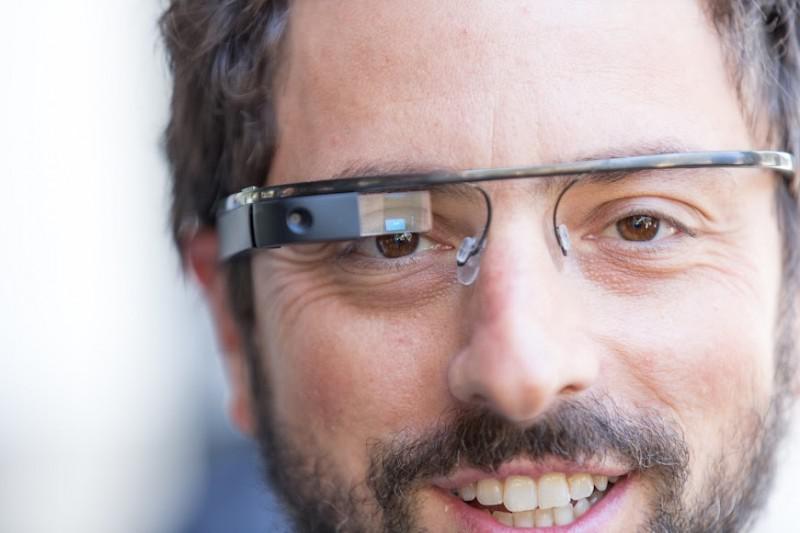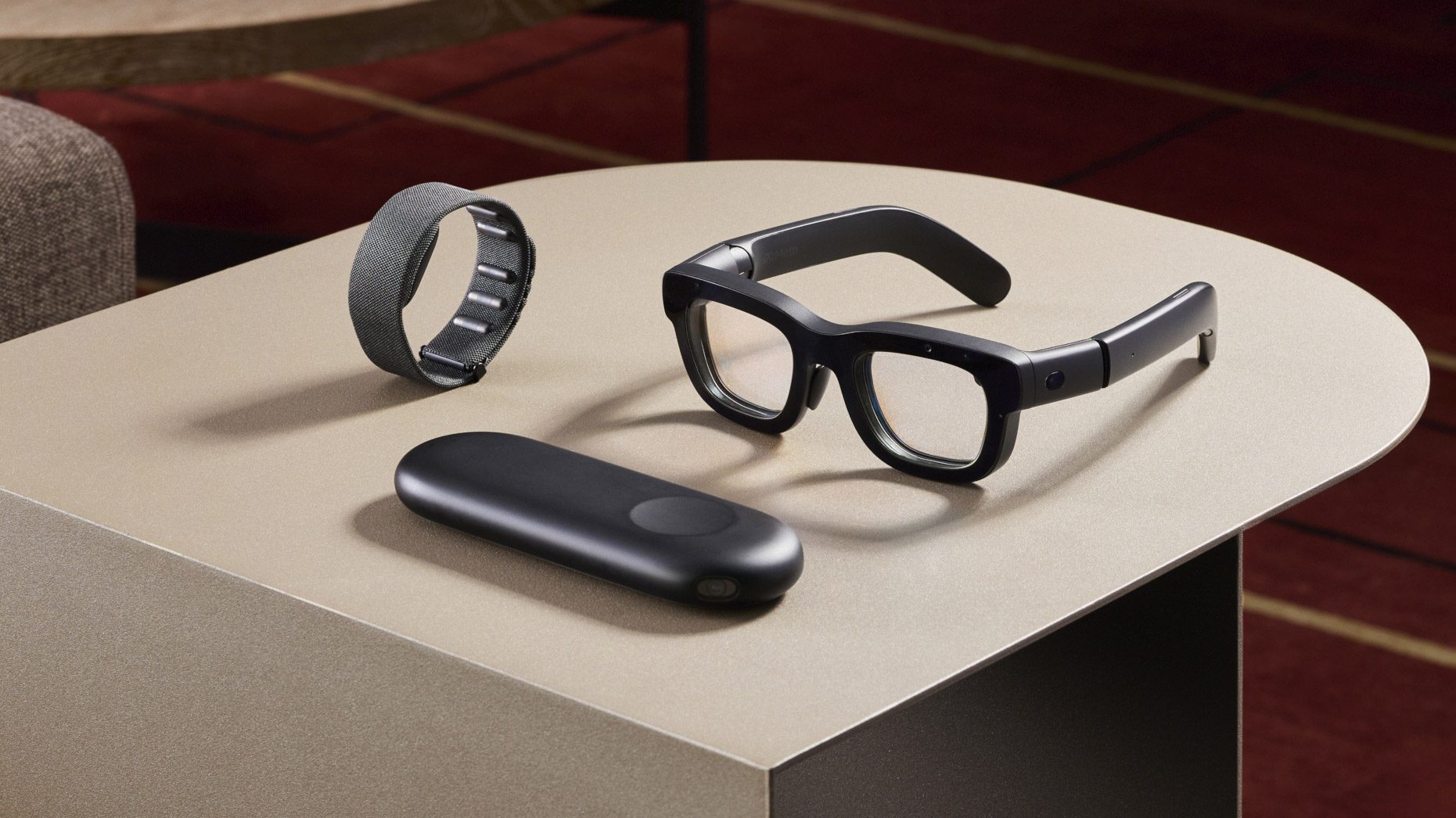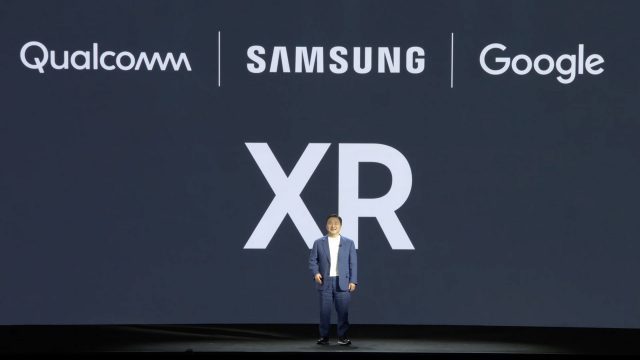Samsung and Google announced in early 2023 that, along with Qualcomm, they’d be releasing an “XR platform” based on Android, which could also see the release of a high-end mixed reality headset. While we still haven’t heard exactly what that XR partnership will entail, a new report from The Information maintains Samsung and Google are also working on smartglasses positioned to potentially compete with Ray-Ban Meta Smart Glasses.
The report, citing insider sources, alleges Google staffers pitched the idea earlier this year of creating smartglasses with Samsung, which would ostensibly manufacture and market the device to include Google’s own AI efforts.
It was said Google created several smartglasses prototypes in a bid to interest manufacturing partners, such as Samsung.


One such prototype, which The Information reports is code-named ‘Betty’, had a monocular display—conceptually similar to the now discontinued Google Glass. Two other prototypes, code-named ‘Barry’ and ‘Mary’, were said to include stereo displays.
Notably, Meta’s Ray-Ban smartglasses don’t include any displays, relying primarily on voice commands and touch input for things like listening to music, taking video and photos with its on-board cameras, and doing casual AI web searches.
The forthcoming smartglasses collab is allegedly the result of meetings with Samsung executives early this year, Googlers such as Juston Payne, director of product management, and Shahram Izadi, vice president of AR.


There, it was emphasized that comparatively lighter smartglasses were more feasible than pushing for full AR glasses, such as Meta’s Orion AR prototype unveiled at Connect 2024 this past month.
In short, smartglasses with a display could provide the user basic content, such as text and directions, in a relatively small field of view. Full AR glasses would provide a more immersive, large field of view with content such as 3D objects and 2D windows that are anchored inside your real-world environment. Learn more about the difference between AR and smartglasses in our primer.
Whatever the case, we’re sure to learn more soon, as Samsung/Google/Qualcomm confirmed at Samsung Unpacked in July their Android XR platform will be revealed by the end of 2024, which may include launch details surrounding forthcoming XR hardware.

